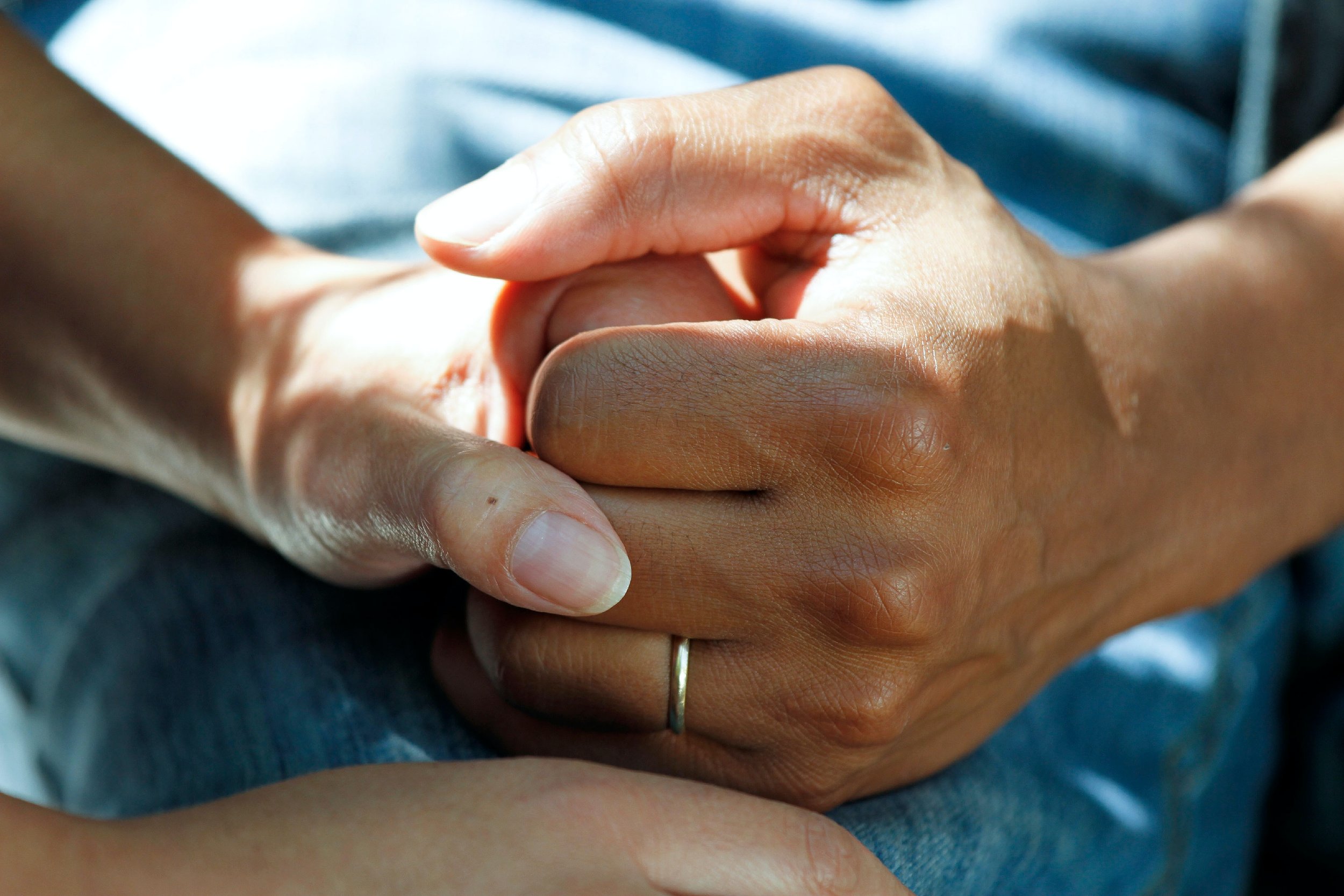
Manage Your Diabetes
Managing Type 2 diabetes is crucial due to its impact on the body's sugar regulation. This condition leads to high blood sugar levels, which can harm the circulatory, nervous, and immune systems. To effectively manage Type 2 diabetes, exploring available programs is essential.
Programs available
Diabetes is a complex and challenging disease involving many factors and variables. If you are one of the millions of people living with diabetes, participating in a self-management education program can be a great way for you to learn skills to help manage your diabetes, including how to regularly check your blood sugar, taking your medication as prescribed by your doctor, how to make healthy lifestyle changes, and how to better handle stressful situations. Programs can also connect you with fellow individuals living with diabetes that you can share struggles and successes with.
Diabetes Self-Management Program
The Diabetes Self-Management Program is a 6-week program, led by a trained community leader that teaches participants strategies and techniques for how to deal with the symptoms of diabetes, such as fatigue, pain, hyper- and hypoglycemia, stress, and emotional problems such as depression, anger, fear, and frustration.
Diabetes Self-Management Education and Support (DSMES)
Looking for more clinical support with managing your diabetes?
A Diabetes Self-Management Education and Support (DSMES) program might be right for you. DSMES programs are either individual or group sessions lead by a clinical provider (certified diabetes educator, nurse, dietitian, etc.) who can provide more clinical support around medication management and nutrition in a clinical setting.
About Type 2 Diabetes
Type 2 diabetes is a long-term health condition when your body either doesn’t make enough insulin or can’t use the insulin it makes as well as it should. This causes too much blood sugar to stay in your bloodstream. Insulin is what lets blood sugar into your cells to be turned into energy. Over time, high levels of sugar in the blood can cause serious health problems, such as heart disease, vision loss, and kidney disease.
Even though there isn’t a cure for diabetes, eating healthy food, being active, and losing weight and taking medicine if your doctor advises, can help. Making and keeping appointments with a health care provider can also reduce the impact of diabetes on your life.
There are also Diabetes Self-Management Education and Support (DSMES) programs that can give you the support to help you learn how to live well with diabetes.


